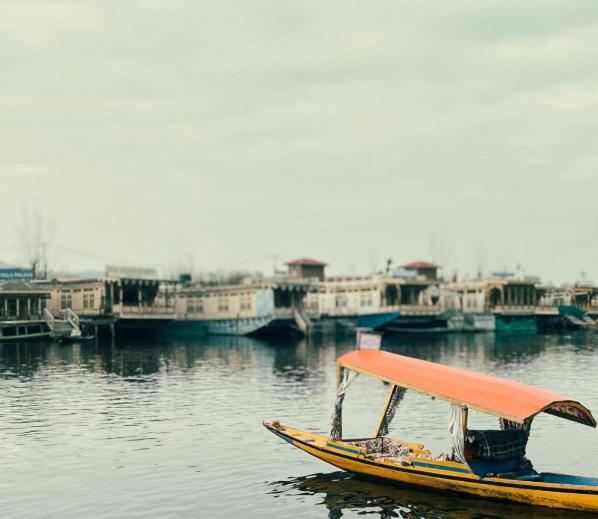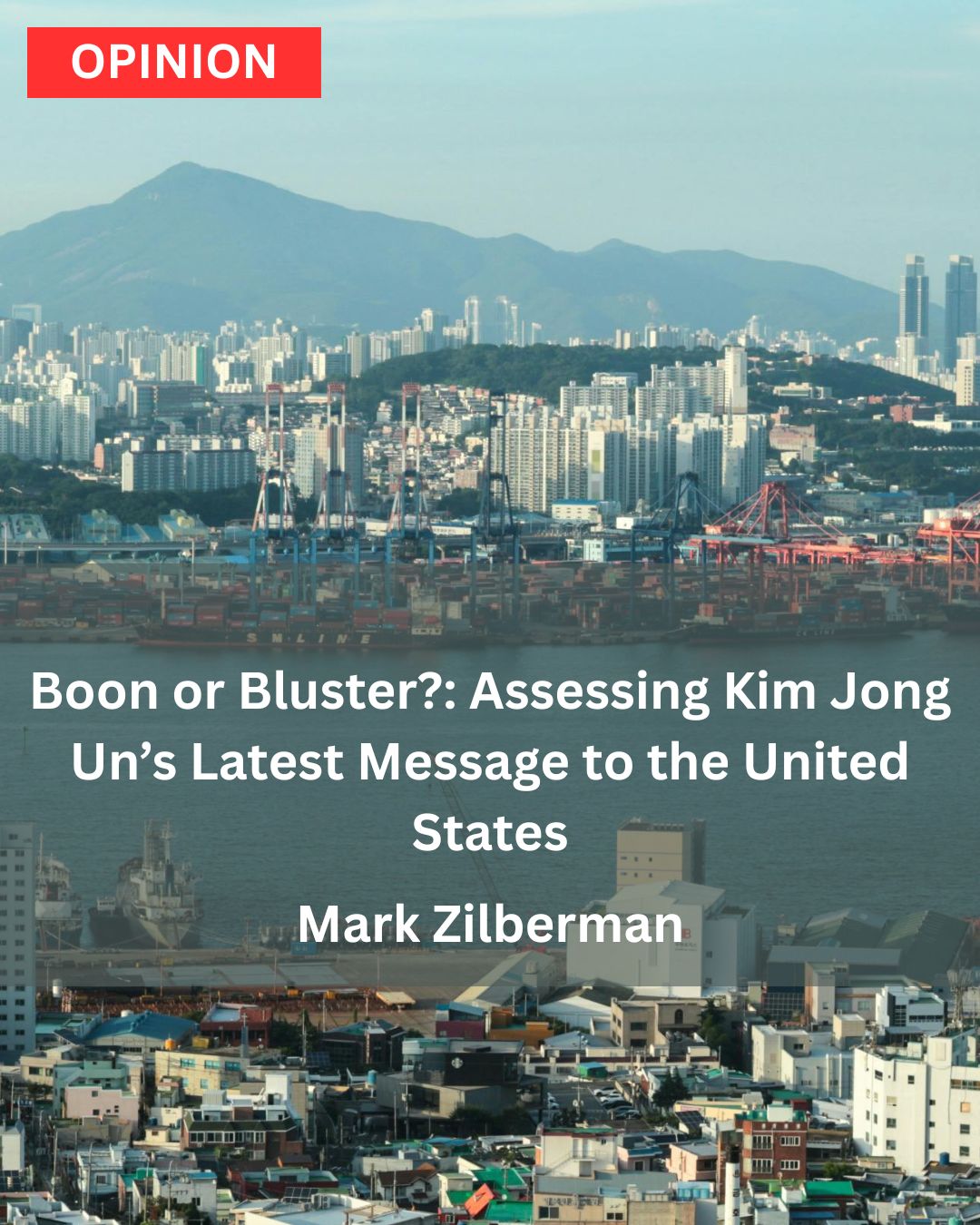150,000 civilians displaced. Over 200 prisoners of war still held in captivity, subjected to torture and abuse every day. Nearly 4,000 young soldiers dead, and thousands of fresh graves with birth years marked 2000 and above.
This is the reality for post-2020 Armenia.
Hopes for a brighter democratic future after the successful 2018 Velvet Revolution were soon crushed by violence, hatred and aggression that should have no place in this world. Grappling with the chaos that unfolded following a decisive defeat in the 2020 Nagorno-Karabakh War, a burgeoning democracy once full of potential is now left shattered, left to pick up the pieces of a freshly painful past.
On September 27, 2020, Azerbaijani dictator Ilham Aliyev launched an unprovoked, premeditated attack on the self-proclaimed Republic of Artsakh, an autonomous region populated by ethnic Armenians and internationally recognized as part of Azerbaijan.
Azerbaijan’s booming petroleum industry allowed its economy to rapidly advance over three decades following a decisive defeat in 1994 during the first Nagorno-Karabakh War. Fueling investments that drastically transformed Azerbaijan’s military landscape, the post-Soviet republic’s oil money empowered Aliyev’s decision to solve the Nagorno-Karabakh conflict through military force in 2020. Because the wealth accumulated from crude petroleum exports to EU countries enables Azerbaijani aggression and human rights violations in Nagorno-Karabakh, the EU is best equipped to de-escalate violence in the region by implementing, or wielding the threat to implement, sanctions against Azerbaijani oil.
From Rags to Petrodollars: The Rise of Azerbaijan in the Interwar Era
The first Nagorno-Karabakh War broke out in 1988 and resulted in a decisive Azerbaijani defeat in 1994, with the Soviet Union’s dissolution as the backdrop.
An autonomous republic gifted to Soviet Azerbaijan by Stalin to curry favor with the Ottoman Empire, the Nagorno Karabakh Autonomous Oblast has been subjected to violence and ethnic cleansing for over thirty years. After years of ethnic clashes and anti-Armenian pogroms in Azerbaijan, Nagorno Karabakh’s overwhelmingly Armenian population declared independence from Azerbaijan in 1991 using the same mechanism exercised by Azerbaijan to declare independence from the USSR. When Azerbaijan launched a military invasion against Nagorno Karabakh in 1992, Armenia stepped in as guarantor of peace for Nagorno Karabakh and achieved a decisive victory over Azerbaijan in 1994.
In the war’s immediate aftermath, the two sides signed a ceasefire establishing a status quo that secured de-facto independence for Nagorno Karabakh’s civilian population and military control over the breakaway region with a buffer zone of seven territories. The conflict, therefore, was left in a frozen state for almost thirty years. Due to Armenia’s victory in 1994, the status quo that followed played largely to its favor.
Burdened with a devastating loss, lack of international support and a dictatorship facing increasing resistance, Azerbaijan in the interwar period between the Nagorno Karabakh Wars became a breeding ground for mounting aggression. However, Azerbaijan held that the window for meaningful negotiations had long passed. International mediators acted in Armenia’s favor by preserving the status quo that granted Karabakh de facto autonomy. One Azerbaijani analyst writes, “the last round of substantial negotiations with the potential to come to an ultimate solution took place in Key West in 2001 when Azerbaijan was still represented by the previous President Heydar Aliyev. In almost 20 years since then, the peace process became less and less substantive.”
With this pretext, it becomes clear that Azerbaijan, in the interwar period, had become poised for war.
Armenia took on the role of victor for nearly thirty years. During this time, tensions in Azerbaijan brewed as its loss became a sour point in its recent history, and the lack of international support was salt on an open wound. Moreover, recent developments also contributed to Azerbaijan’s decision to launch a war in 2020. Increased protests surrounding dictator Ilham Aliyev’s falsified elections took place in a severely repressed, unfree Azerbaijan. Such events signaled increasing unrest that posed a threat to the current regime.
Then, in light of Azerbaijani aggression in the northern bordering district of Tavush, Armenia, domestic tensions boiled over. On July 15, 2020, the BBC reported:
“Thousands gathered in Baku’s Azadliq Square on Tuesday night waving the national flag and calling for the government to mobilise troops and retake Nagorno-Karabakh. This was the largest public gathering in the country for years, with some media reports estimating up to 30,000 people taking part.”
The domestic pressure on Aliyev, then, had reached a tipping point. Taking matters into his own hands, the Azerbaijani dictator waged war against Nagorno Karabakh in 2020.
During the first Nagorno Karabakh War, the playing field was level between Armenia and Azerbaijan. Therefore, the resolve of the Armenian side and Nagorno Karabakh authorities paved the way for an Armenian victory. However, the balance of power in the region would soon shift in Azerbaijan’s favor. Military strategy could no longer dictate the outcome of a war where 21st-century military technology—especially unmanned aerial vehicles (UAVs) and drones—was involved. Therefore, the second Nagorno Karabakh War in 2020 yielded a drastically different result: a decisive Azerbaijani victory.
In the period from 1994 to 2020, Azerbaijan’s economy underwent a substantial transformation. Its exploitation of petroleum resources for exports and investments yielded exponential growth in all sectors of the Azerbaijani economy and military budget. According to the Asian Development Bank, “Azerbaijan’s diversified economy collapsed with the breakup of the Soviet Union.” Despite the dangers of heavy reliance on petroleum, in 2010, “approximately 80% of all budget revenue derived from the oil industry through the State Oil Fund of the Republic of Azerbaijan (SOFAZ) and…in 2013 SOFAZ alone accounted for 58% of the state budget revenues. Even leading industries in the non-oil economy are indirectly funded by the oil sector, such as construction and transport.”
In turn, the huge growth of the Azerbaijani economy since the Soviet Union’s collapse funded an increased military budget. Empowered by its economic growth over the last three decades, Azerbaijan developed a “diversified arms trade market. Its main suppliers are Russia and Israel, but it has purchased a significant amount of arms from Ukraine, Belarus, Turkey and some other countries.”
Simultaneous to this economic-turned-military development in Azerbaijan, in the interwar period, several diplomatic processes were undertaken to resolve the conflict within the designated OSCE Minsk Group’s framework and beyond. However, with the rise of the second Aliyev presidency, negotiations soon came to a deadlock as Azerbaijan adopted a maximalist position. The only difference was that now it had the power to enforce it.
Resorting to open military aggression in complete abandonment of diplomatic norms, Azerbaijan launched a full-scale 44-day attack against Nagorno Karabakh’s civilian population in 2020, featuring mortar launchers, artillery, tanks, and illegal weapons like cluster munitions and white phosphorus.
Moreover, Azerbaijan’s carefully-developed foreign influence via caviar diplomacy and the channeling of petrodollars towards the current regime enable this open aggression. Caviar diplomacy entails using high-end lobbying to enhance Azerbaijan’s image abroad and prevent condemnations of its domestic human rights abuses. In one instance, the Council of Europe became embroiled in such a scandal.
The Guardian reports, “the European Azerbaijan Society (Teas) regularly takes MPs, MEPs and government officials on trips to the former Soviet state, where they are put up in luxury hotels. On previous trips, members of the Council of Europe visiting the capital, Baku, are among those to have been treated royally.”
While its wielding of petrodollars has allowed Azerbaijan to maintain its image abroad amidst gross human rights violations within its borders, it also props up the current dictatorship. Widespread corruption in the highest ranks of the Azerbaijani government funds the Aliyev clan’s personal wealth through money from the oil industry. As long as a corrupt dictatorship remains in power, the notion that democracies cannot go to war with each other will not prevail.
Azerbaijan will continue to have the choice to wage war instead of pursuing the diplomatic path, and violence will ensue.
EU Sanctions Could Break the Cycle of Violence
As a leading consumer of the Azerbaijani petroleum fueling violence in the South Caucasus, the EU can discourage Azerbaijani aggression in Nagorno Karabakh by employing, or wielding the threat to employ, sanctions against Azerbaijani oil.
In 2020, EU countries accounted for approximately 50% of all Azerbaijani petroleum exports. The largest EU consumers of Azerbaijani petroleum included Italy (the largest at nearly 30%), Greece, Croatia, Spain, Portugal, Germany, the Czech Republic, Austria, France, Romania, Denmark, the Netherlands, and Poland, among several others.
As a country that is cripplingly dependent on its petroleum resources for economic sustenance and its military budget, Azerbaijan relies heavily on EU consumers for nearly half of its oil industry (and, therefore, its economy). Through the EU’s continued business, the government funnels petrodollars to maintain Aliyev’s dictatorial regime and funds military aggression against civilians in Nagorno Karabakh. As such, the EU holds significant leverage over the Azerbaijani economy and, therefore, can wield influence over the violence in Karabakh.
Since the remaining 50% of consumers of Azerbaijani oil consist of countries such as Turkey, China and Israel, whose own human rights records or declared partnerships with Azerbaijan make them improbable candidates for imposing sanctions, this leaves the EU as the best institution to mitigate this issue through a humanitarian lens. The EU should employ this potential for economic impact to prevent further human rights violations and military aggression.
Currently, the imposition of sanctions, or “restrictive measures,” requires unanimity by the Council of the EU. As of 2018, the EU solidified the process for a global human rights sanctions regime. The Council now has an established framework to effectively wield targeted sanctions against guilty parties such as oil-rich dictators, oligarchs and their oil industry partners in cases like that of Azerbaijan.
U.K.-based consulting firm Aperio Intelligence explores avenues for EU sanctions in light of increased violence in Nagorno Karabakh. The firm writes, “The EU could also be moved to implement sanctions against Azerbaijan, as sanctions have previously been on the agenda due to human rights issues in the country. In 2015, the European Parliament adopted a resolution calling on the Council to consider targeted sanctions against Azerbaijani politicians for prosecutions against civil rights activists in the country.”
If the EU began a process of implementing sanctions against major actors in the Azerbaijani oil industry or merely wielded the threat of employing such sanctions, it would be credible enough to coerce Azerbaijani compliance. With the backdrop of EU sanctions on Russia currently ravaging the latter’s economy, the rumblings of such discussions in the EU would go a long way towards alarming Aliyev and sending a message that open military aggression will not be tolerated.
The government would be forced to reconsider its choice of resorting to violence to resolve the Nagorno Karabakh conflict. Instead, its actions may be restricted, deterred and violence against the civilian population prevented.
The power of sanctions lies in their preventative nature. In Volume 9 of the Chaillot Papers publication, Francesco Giumelli makes a unique case for EU sanctions. “The vast majority of observers would expect sanctions to change the behaviour of targets by inflicting material pain that would force them to change their policies – the so-called ‘pain-gain’ equation,’” he writes. Instead, “sanctions influence targets not only by coercing, but also by constraining and signalling them.”
In the case of Azerbaijan, sanctions would serve to prevent violence and human rights abuses and as an effective restraint on authoritarianism. With the imminent threat of petrodollars — the main source of funding for aggression and preferred avenue of conflict resolution for Aliyev — being cut off, diplomacy would become the most economically viable option for Aliyev.
In this way, the EU could force Azerbaijan’s hand, pushing it towards peaceful efforts with mediated diplomatic efforts instead of open aggression.
Moreover, by exercising the prospect of economic sanctions to restrain Azerbaijani aggression, the EU would impose an effective constraint on Aliyev’s authoritarian power against his own citizens. Though it is improbable that the threat of such sanctions would push Azerbaijan towards democratic norms, it would at the very least ensure compliance with international standards for conflict resolution.
Russian gas and the EU: Where Does Azerbaijan Fit In?
Among several objections to the prospect of EU sanctions on Azerbaijani oil, one significant speculation is that such a move would undermine the long-term EU agenda to decrease resource dependency on Russia.
Azerbaijan has long been regarded as a possible alternative to Russian oil and gas. However, Aliyev’s foreign policy decisions since the 2020 Nagorno Karabakh War seem to eliminate this concern. One day ahead of Putin’s unprecedented invasion of Ukraine, Azerbaijan and Russia signed an agreement cementing their alliance. The deal included pro-Azerbaijani points on the Nagorno Karabakh issue, signifying that Azerbaijan was compromising its traditionally pro-Ukraine position to advance its military interests. In turn, Russia secured an important guarantee.
EurasiaNet reports, “As per point 25, Azerbaijan and Russia agree to ‘refrain from carrying out any economic activity that causes direct or indirect damage to the interests of the other Party.’ Azerbaijani officials have promoted the idea that gas from their fields in the Caspian Sea could act as a replacement for Europe should Russia cut off its energy exports as a consequence of the Ukraine conflict.”
Aliyev decided to take Azerbaijani gas off the table as an alternative to Russian gas in a calculated move to advance his interests in the Nagorno Karabakh issue. By showing a firm hand on his foreign policy, Aliyev curries domestic favor and maintains his position at the head of the government. Therefore, the agreement effectively rendered obsolete the prospect of sanctions compromising any EU agenda on Russian energy dependency.
Instead, this development strengthens the case for EU sanctions against Azerbaijani oil. Aliyev has become dangerously comfortable with the constant source of wealth from oil exports, to the point that he sacrifices other significant economic opportunities — and Azerbaijan accounts for only 5% of the EU’s oil imports, making it a less costly venture for the EU. In tandem, these realities make a compelling case for sanctioning Azerbaijani oil.
Ultimately, Azerbaijan’s oil money empowered Aliyev’s decision to solve the Nagorno Karabakh conflict through military force in 2020. As a result, the wealth accumulated from petroleum exports to EU countries enables Azerbaijani aggression and human rights violations in Nagorno Karabakh, making the EU the best-equipped institution to curb violence in the region by employing sanctions on Azerbaijani oil.
Mothers in Karabakh raise children in bunkers, only to send them to war when they’re of age. How many is too many?
The EU must wield its power positively to break the cycle of violence because soon, it may be too late.







